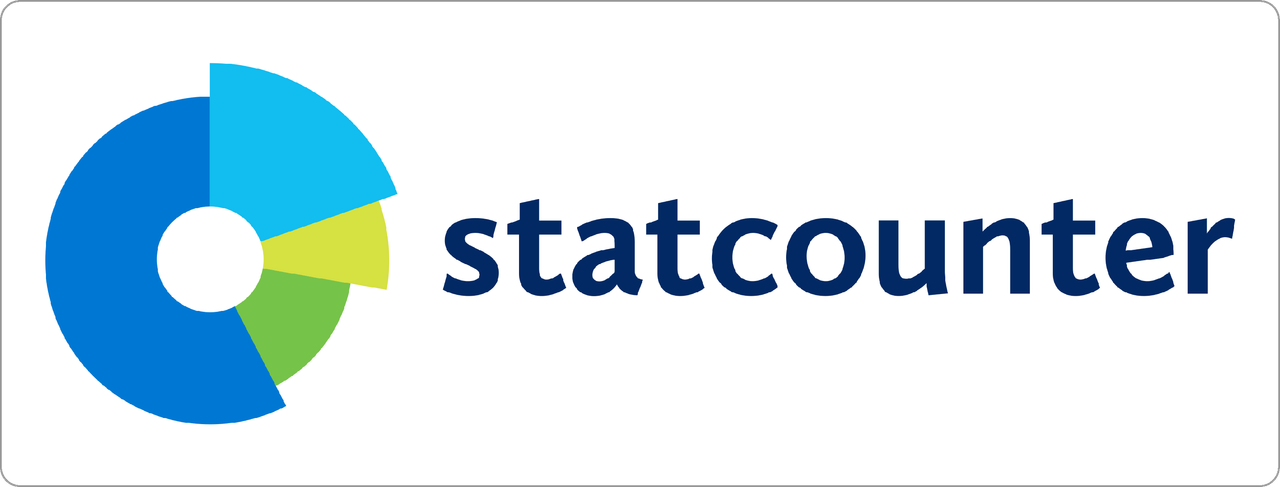- » Focus and Scope
- » Section Policies
- » Peer Review Process
- » Open Access Policy
- » Publication Ethics
- » Author Fees
Focus and Scope
Jurnal Respon Komunitas dan Pemberdayaan (JRKP) focuses its publication to dissemination and publication of community or society empowerment with various discipline approaches like communication, social, religion, law, culture, economic, politic, even science and technology. Therefore, our scopes are activity result of :
- Education / training / counseling to the society groups.
- Accompaniment to the society groups.
- Advocacy to the society groups.
- Participatory Action Research (PRA) society group empowerment.
- Community Based Research (CBR).
- Asset-Based Community Development (ABCD).
- Community participation-based dedication.
Section Policies
Front-Cover
Articles
Peer Review Process
Every manuscript written in the Menara Riau will be reviewed by two reviewers (double-blind reviewers). If one reviewer rejects the article, the editor will send the article to the third reviewer. The decision to accept or reject the article script is decided in the Editor's meeting by considering the recommendations and notes made by the reviewer.
Open Access Policy
This journal provides immediate open access to its content on the principle that making research freely available to the public supports a greater global exchange of knowledge.
Publication Ethics
To preserve the quality of the manuscript as well as avoid plagiarism in the publication process, the Journal Editor sets the ethics of Jurnal Respon Komunitas dan Pemberdayaan (JRKP) . This publication ethics applies to writers/authors, editors, partners/ reviewers, and journal/editorial managers. The ethical rules of this publication apply to writers / authors, editors, bestari partners / reviewers, and managers of journals / editors. The ethics of the publication refer to The Committee on Publication Ethics (COPE).
Author’s Ethic
- Report; the author should inform the process and the result of the research to the editor fairly, distinctly, and comprehensively as well as keep the research data carefully and securely.
- Originality and plagiarism; the author should guarantee the manuscript is original works, originally written by the authors, and not other works/ideas. Authors are prohibited to write the references without using appropriate citation or quotation.
- Resubmission; the author must inform that the submitted manuscript has never been submitted/published in any other journals. If there is a case of resubmission of the manuscript to other publishers, the editorial board has the right to reject it.
- Status of the author; the author should inform the editors that the author has the competence or qualifications in certain areas of expertise that are in accordance with the field of published science, namely librarianship. The author who sends the script to the editor is the corresponding author (co-author) so that if a problem is found in the process of publishing the manuscript, it can be immediately settled.
- Errors in Manuscript Writing; the author should immediately inform the editor if there is an error in writing the manuscript, both the review of results and edits. The errors include writing the names, affiliations/agencies, quotation/citation, and other writings that may affect the meaning and the significance of the manuscript. If that happens, the author must immediately propose a repair of the manuscript.
- Disclosure and conflicts of interest; the authors should understand the ethics of scientific publications above to avoid conflicts of interest with other parties, so that the text can be processed smoothly and securely.
Editorial Ethics
Publication Decision; the editor should ensure the reviewing process of manuscript entirely transparent, objective, fair and prudent. It fundamentally allows the editor to make a decision on the manuscript to be rejected or accepted.
- Publication Information; The editors should ensure that manuscript guideline for the authors and other parties is accessible and readable, both in printed and online.
- Distribution of peer-reviewed scripts; the editor must ensure the reviewer and the manuscript for the review, as well as inform the provisions and the review process of the script clearly to the reviewer.
- Objectivity and neutrality; the editor must be objective, neutral and fair in editing the manuscript, regardless to gender, business side, ethnicity, religion, race, class, and nationality of the author.
- Confidentiaity ; The editor must oversee any information, particularly information correspond to the privacy of the author and manuscript distribution.
- Disclosure and conflicts of interest; The editor must comprehend publication ethic to avoid conflict of interest to others. Therefore, the publication process may run smoothly and securely.
Reviewer Ethic
- Objectivity and neutrality; The reviewer must be fair, objective, unbiased, independent, and take a side with scientific truth. The process of reviewing the manuscript is carried out professionally, regardless to gender, business side, ethnicity, religion, race, class, and author's nationality.
- Clarity of reference sources; The reviewer must ensure that the source of the reference/quotation of the manuscript is appropriate and credible (can be accounted for). If errors or irregularities are found in writing the references/quotations, the reviewer must immediately inform the editor in order it has to be corrected by the author according to the notes from the reviewer.
- Peer-review effectiveness; The reviewer must respond to what has been sent by the editor and work in accordance with the predetermined peer review time (maximum 2 weeks). If the additional time is required in reviewing the script, there should be an immediate confirmation to the editorial board.
- Disclosure and conflicts of interest; The reviewer must comprehend the ethics of scientific publications above to avoid conflicts of interest with other parties, so that the process of publishing the script run smoothly and securely.
Ethical for Journal Managing
- Decision making; The manager of the journal/editorial board must describe the mission and objectives of the organization, especially those relating to the establishment of policies and decisions of journal publishing without any particular interest.
- Deliberacy ; Journal managers must give freedom to reviewers and editors to create a comfortable work atmosphere and respect the privacy of the author.
- Guarantee and promotion; Journal managers must guarantee and protect intellectual property rights (copyright), as well as be transparent in managing funds received by the third parties. In addition, journal manager must publish and promote the results of publications by providing guarantees of benefit in the use of manuscripts.
- Disclosure and conflicts of interest; Journal managers must comprehend the ethics of scientific publications above to avoid conflicts of interest with other parties, so that the process of publishing the script goes smoothly and securely
Author Fees
Jurnal Respon Komunitas dan Pemberdayaan (JRKP) welcomes all related articles within the focus & scope and doesn't charge any cost during the process of submission, review process, editing, and publication.

 ONLINE SUBMISSION
ONLINE SUBMISSION



 OPEN ACCESS POLICY
OPEN ACCESS POLICY PUBLICATION ETHIC
PUBLICATION ETHIC COPYRIGHT NOTICE
COPYRIGHT NOTICE PUBLICATION FEE
PUBLICATION FEE JOURNAL CONTACT
JOURNAL CONTACT JOURNAL HISTORY
JOURNAL HISTORY



